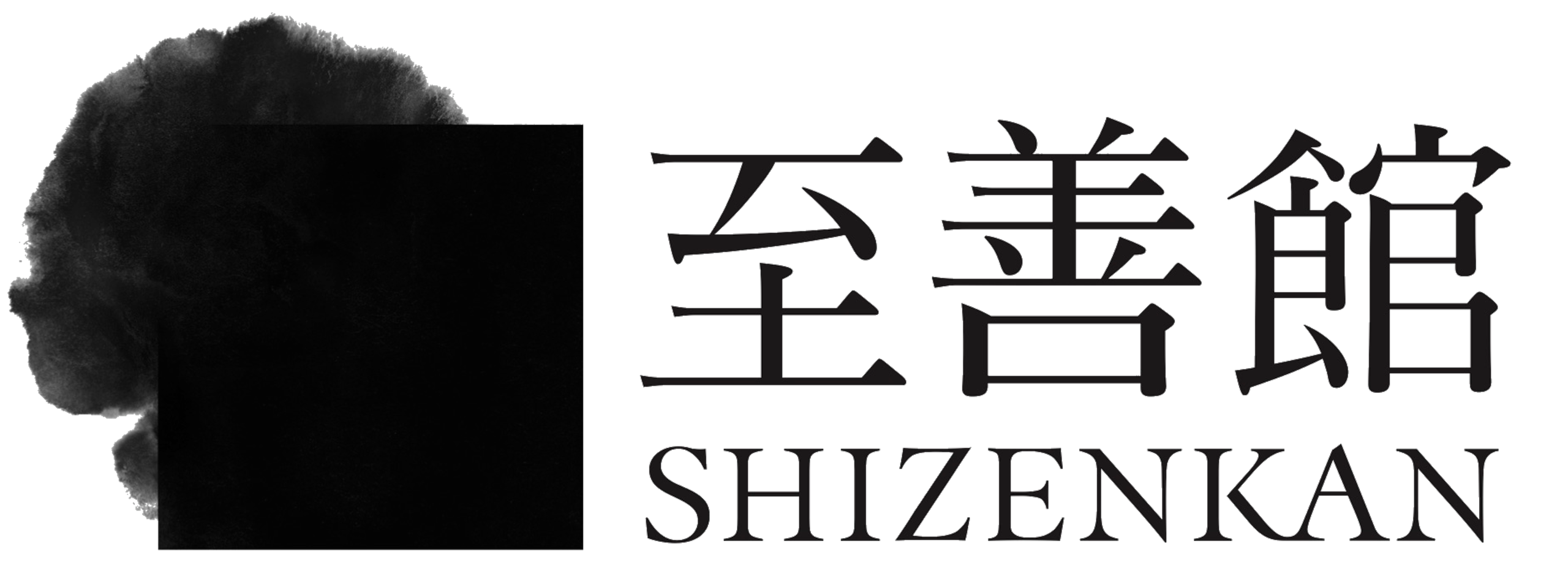
On May 20, 2025, Shizenkan University welcomed a truly exceptional guest to Shizenkan ISL Nihonbashi Campus: Professor Henry Mintzberg, one of the most influential thinkers in the field of management and strategy. A long-time faculty member at McGill University, Prof. Mintzberg is globally renowned for challenging the dominant paradigms of business education and organizational thinking. His extensive body of work has shaped generations of scholars and practitioners, earning him numerous awards and recognition worldwide.
The session — structured as a dialogue rather than a lecture and hosted by Shizenkan’s President Prof. Tomo Noda and Vice-President Prof. Katsuhiko Yoshikawa — offered students, faculty, and business leaders an opportunity to engage directly with Prof. Mintzberg’s most provocative ideas. Rather than reinforcing conventional business wisdom, he led the audience through a thoughtful critique of several deeply held assumptions, or as Prof. Mintzberg called it, “busting the myths” in strategy, organizational design, and leadership.

That includes a wide-spread view that strategy is a carefully formulated plan. Prof. Mintzberg, however, urged the audience to reconsider this approach. In his view, great strategies often emerge organically, shaped by patterns of action and learning over time.
Prof. Mintzberg’s holistic view of management — deeply practical and grounded in relationships — highlights the importance of empathy, judgment, and humility in day-to-day leadership. He emphasized the value of quiet, grounded leadership — the kind that supports from within rather than commands from above.
Prof. Mintzberg has long been a vocal critic of traditional MBA programs, and he did not shy away from this topic during the session. He argued that many MBAs are trained to analyze businesses from a distance, without ever learning how to truly manage people or organizations. His critique sparked lively discussion among participants, many of whom are seeking to redefine what business education should look like in the 21st century.
In closing, Prof. Mintzberg shared his reflections on the challenges and opportunities facing Japanese managers today.
This session was far more than an academic talk. It was a provocation — a call to rethink how we approach strategy, management, and leadership in a rapidly changing world.

